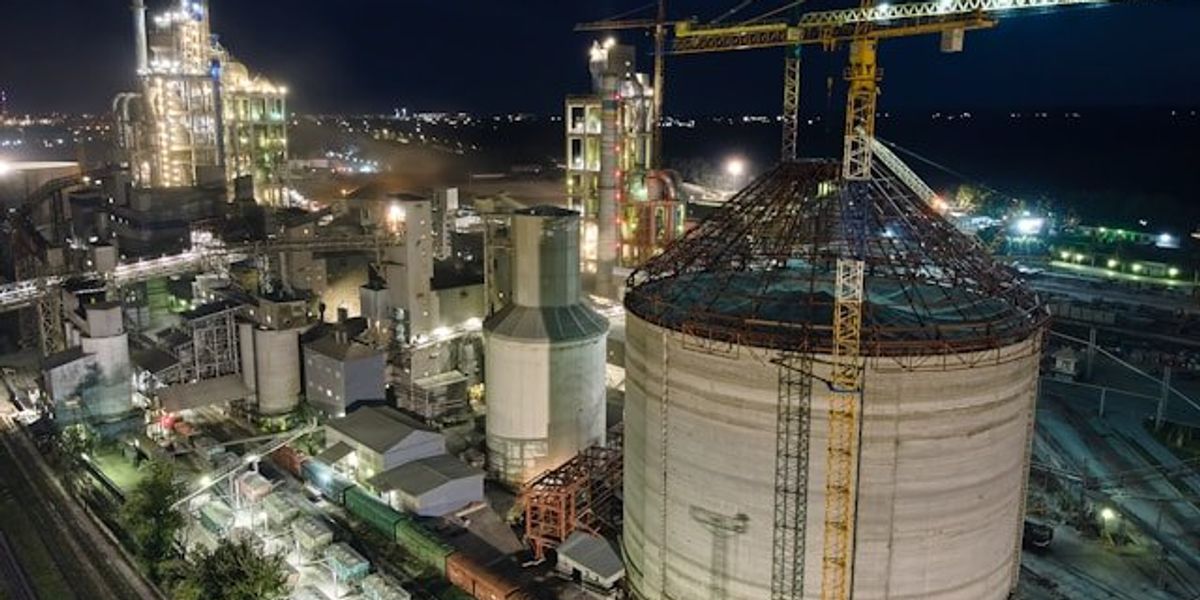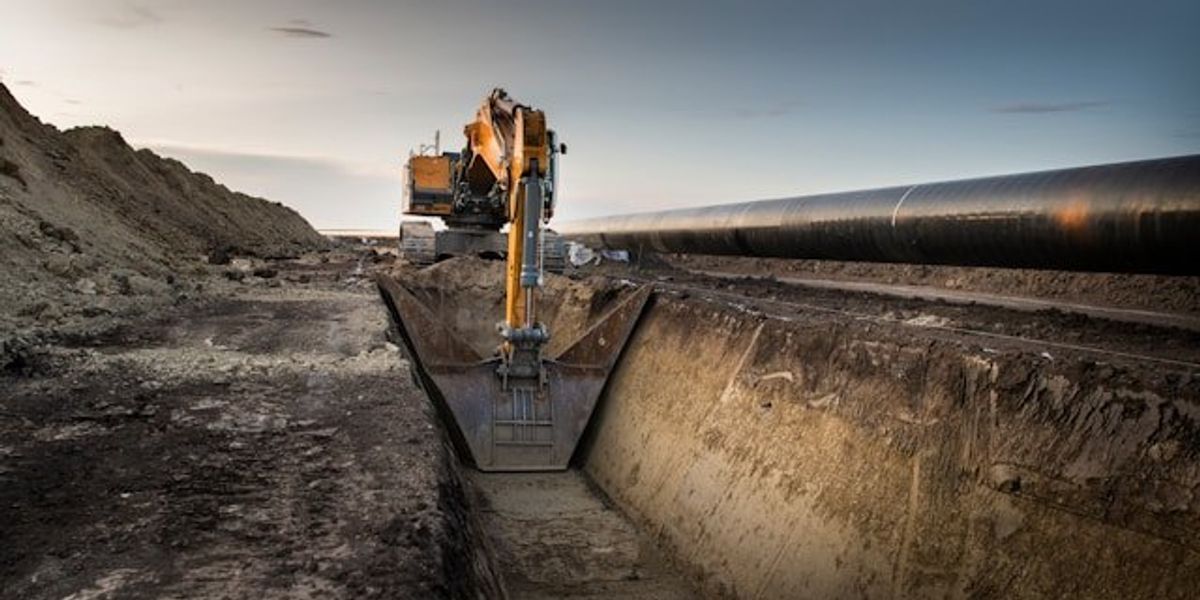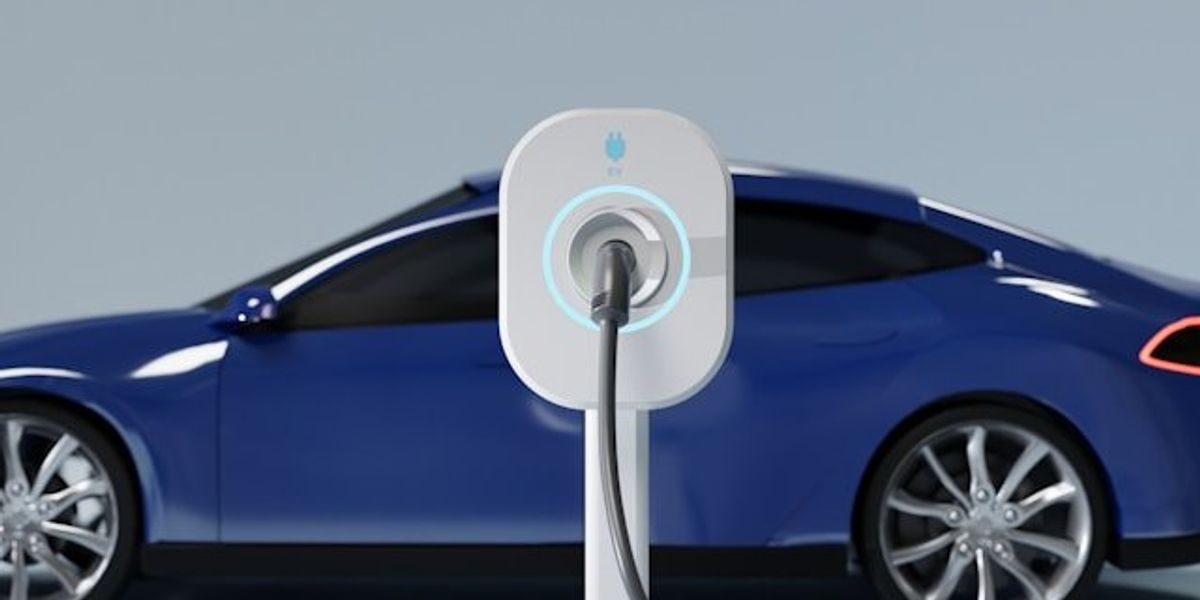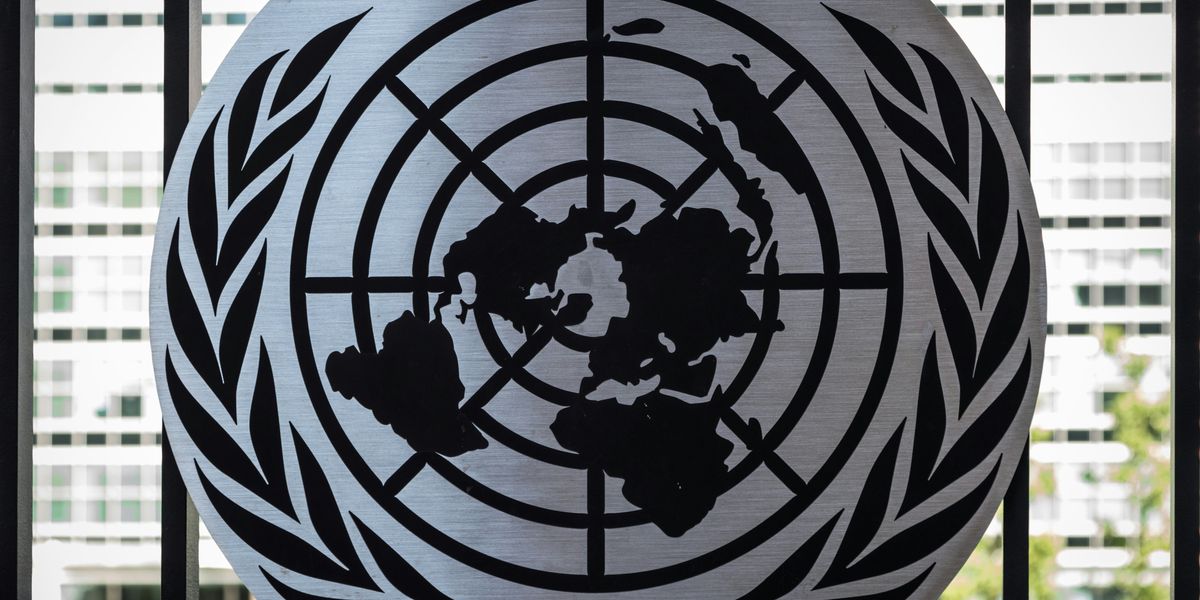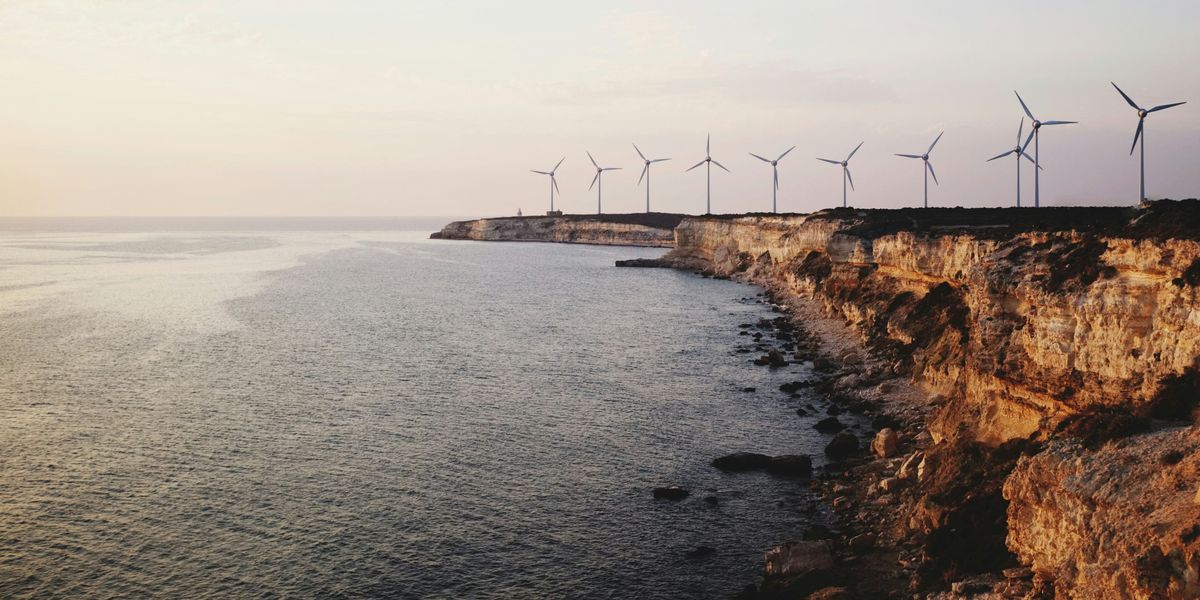
Europe’s renewable energy growth faces backlash as communities demand more benefits and engagement
Most Europeans support renewable energy, but disinformation, political resistance, and lack of local engagement are slowing the rollout of new projects across the EU.
Rosie Frost reports for Euronews.
In short:
- The EU met 50% of its electricity demand with renewables in 2024, but disinformation and NIMBYism are stalling new projects.
- Anti-renewable campaigns in Sardinia, France, and Germany spread false claims and fuel local opposition, sometimes backed by political parties and industry interests.
- Successful models in Spain, Belgium, and Greece show that involving communities in project planning and offering tangible benefits can foster support and accelerate deployment.
Key quote:
“Direct citizen ownership of renewable energy projects is an essential safeguard to garner social acceptance and accelerate the transition.”
— Philippe Awouters, managing director of SeaCoop
Why this matters:
The transition to renewable energy is not just an engineering challenge but a social one. As Europe rapidly scales up solar and wind power to meet climate goals and reduce reliance on fossil fuels, public acceptance is becoming a critical factor. Disinformation campaigns, often fueled by political and industry interests, exploit legitimate community concerns about landscape changes, wildlife impacts, and fair compensation. Without meaningful engagement, even the best-intentioned projects can face delays or cancellation, slowing progress toward cleaner energy and increased energy independence. Involving communities from the start — through ownership opportunities, job creation, and local services — can transform opposition into support.
Learn more: Europe moves ahead with renewables as the U.S. doubles down on fossil fuels

